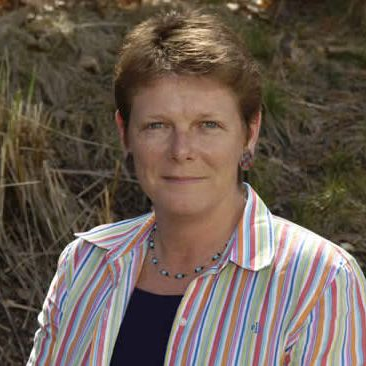
Dr Anne Whittaker
I am a clinical academic with over 30 years’ experience working in the Health Service, Social Services and Higher Education as a mental health and addictions nurse, primary care facilitator, manager, academic, advanced practitioner in clinical research, project manager and research leader. I have worked in Australia, London and Edinburgh in a variety of clinical areas including learning disabilities, mental health, addictions, HIV, Hepatitis C and services for people with multiple and complex needs. I have a special interest in substance use within the context of pregnancy, parenting, and family life and have developed a programme of research around addictions within the family and have published in this area. My research has included qualitative studies on the quality and delivery of care from the perspective of parents on opioid substitution therapy, as well as mixed methods feasibility studies on family-focused interventions for drug-dependent parents. I am passionate about reducing inequalities and improving the care of families affected by substance use.
Behavioural Couples Therapy (BCT) for the treatment of addiction in the UK: can parents with children benefit?
Dr Anne Whittaker
Associate Professor, NMAHP Research Unit, University of Stirling
I am a clinical academic with over 30 years’ experience working in the Health Service, Social Services and Higher Education as a mental health and addictions nurse, primary care facilitator, manager, academic, advanced practitioner in clinical research, project manager and research leader. I have worked in Australia, London and Edinburgh in a variety of clinical areas including learning disabilities, mental health, addictions, HIV, Hepatitis C and services for people with multiple and complex needs. I have a special interest in substance use within the context of pregnancy, parenting, and family life and have developed a programme of research around addictions within the family and have published in this area. My research has included qualitative studies on the quality and delivery of care from the perspective of parents on opioid substitution therapy, as well as mixed methods feasibility studies on family-focused interventions for drug-dependent parents. I am passionate about reducing inequalities and improving the care of families affected by substance use.
Aim: Behavioural Couples Therapy (BCT) is a psychosocial intervention for the treatment of addiction. Evidence from the USA shows that BCT improves abstinence rates, reduces domestic violence and can indirectly benefit children living in the home. This first study of BCT in the UK, aimed to test the feasibility of implementing and evaluating the intervention with parent-couples on opioid substitution therapy (OST) living with children aged 0-16 years.
Methods: Delivery of BCT to a target 18 couples. Baseline and end-of-treatment measures (substance use/couple functioning/parenting/child wellbeing/health economics) and uptake/attrition/completion rates. Qualitative interviews with BCT parents (n=26), other parents in receipt of OST (n=11), BCT therapists (n=6) and five focus groups with referring staff (n=24) to explore acceptability and barriers/facilitators to implementation.
Results: 13/18 couples enrolled (June 2016-June 2017) but only seven engaged in the intervention and none completed the programme. Average number of sessions attended was 3.4/12. Barriers to implementation were multiple and inter-related. Parents reported complex needs but there were also clinician, service/operational, and structural-level obstacles to recruitment, engagement, retention and delivery of BCT. Intervention acceptability and suitability was not straightforward. Solutions to implementation included adaptations to the model and its mode of delivery and a shift to a more integrated ‘whole family’ practice model.
Conclusions: Although BCT is recommended by NICE and the Department of Health in the UK, its adoption within NHS addiction services as an adjunct to OST for parents with children is unlikely to be successful without significant priority given to meeting the needs of families.